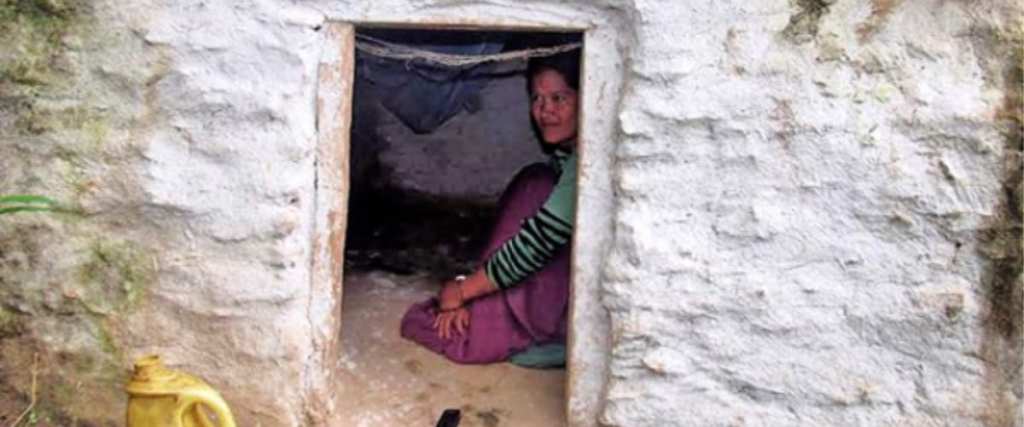Governments around the world are moving toward equality of the sexes, better understanding of human functions, and teaching science-based sex education, but in some rural areas of mid-western Nepal, girls and women are still forced to spend their periods in unsafe “menstruation huts.”
More than one person has suffocated after lighting fires inside in an attempt to keep warm, even though the practice of isolating women during their periods was outlawed in Nepal in 2018.
https://www.instagram.com/p/BkRaB68H0Wp/
New research estimates that 77% of girls living in the area are still subjected to the dangerous practice, known as chhaupadi, that requires women to sleep in specially built chhau huts in order to separate their “impurities” from the rest of the home. Wealthier girls from urban households were less likely to practice chhaupadi, but it is not unheard of.
These numbers are based on interviews with 400 adolescent girls, as well as a focus group of women between the ages of 25 and 45. No men took part because of the stigma of the subject.
Though all of the girls reported fears about animal bites, snakes, stranger attacks, and many other dangers, it seems the practice is “largely enforced by elders within their family and community, including mothers, grandmothers, and other senior women,” wrote the authors in the published article.
“Underpinning most of their experiences were strong taboos and stigma. Girls frequently reported not being permitted to touch male family members, attend temple, join in celebrations, cook or enter their kitchens, eat many normal foods (such as dairy products), or sleep in their own bed.”
https://www.instagram.com/p/B6IhxQCCsQG/
Community organizers and non-governmental organizations struggle to go beyond sanitation and hygiene concerns and really change the stigma associated with periods, which many consider to be a human rights issue. Some smaller villages are giving monetary rewards to women who refuse to practice chhaupadi, and an arrest was recently made after a woman died while isolated in a hut.
Study author Jennifer Thompson told IFLScience that we have a long way to go.
“There also needs to be a clearer movement from the human rights community on chhaupadi and menstrual taboos more generally. These will all help to move menstruation from being framed as solely an issue of sanitation, to one which is intimately connected with women and girls’ rights, safety, security, and citizenship more broadly.”
The study was small but telling, and the authors think it proves that education is needed all over the country – and even the world.
“Our study in Nepal highlighted a broad range of issues around menstruation beyond hygiene – questions of security, safety, stigma, taboo, and policy ownership were all central. Reframing menstruation as a question of rights can help to bring these various facets under one clear umbrella.”
https://www.instagram.com/p/BstI3i9Dtzd/
As women who live in the Western world, it can be hard to imagine a world where women and girls are still ostracized for experiencing a normal and healthy function of life, but this study and others like it can be a reminder that not everyone lives as we do – and for us to ask ourselves what we can do to help change that.






